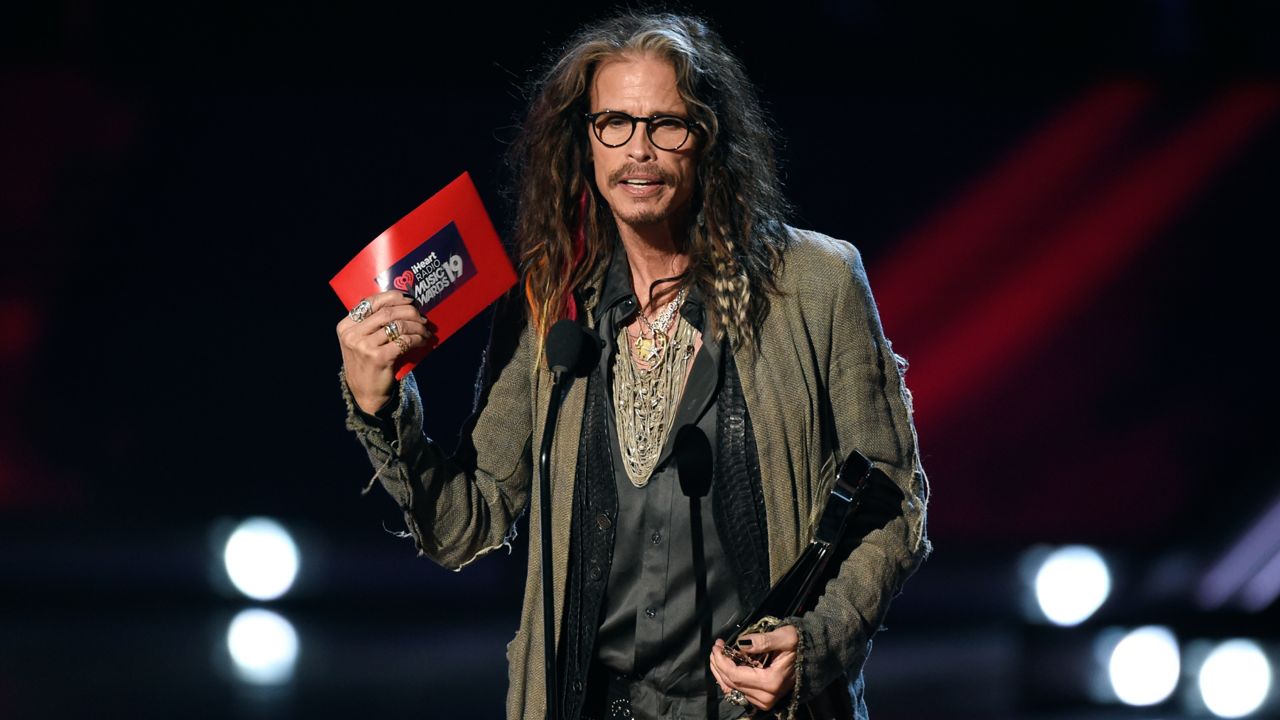TORRANCE, Calif. (CNS) — Steven Tyler is seeking dismissal of part of a lawsuit filed by a woman who alleges the Aerosmith frontman had an illicit relationship with her when she was 16 years old and he was 25, arguing that what he said about the pair in his writings is protected speech.
The motion filed Friday in Torrance Superior Court is based on the state’s anti-SLAPP — Strategic Lawsuit Against Public Participation — law, which is intended to prevent people from using courts, and potential threats of a lawsuit, to intimidate those who are exercising their First Amendment rights.
The plaintiff maintains her life was “shattered” when Tyler, now 75, released memoirs characterizing his alleged abuses of her as “a romantic, loving relationship” without her knowledge or consent in order to obtain fame and financial benefit for himself and his managers, agents and publishers.
The anti-SLAPP motion only seeks to strike the woman’s intentional infliction of emotional distress claim insofar as it is based on statements made in Tyler’s published memoirs, which the motion notes were made “several decades after the alleged acts.”
The motion does not seek to strike the plaintiff’s first emotional distress allegations, which are based on alleged acts of childhood sexual assault, nor does it target her other causes of action.
Tyler’s lawyers argue in their court papers that the statements in his memoirs are matters of public interest.
“In fact, plaintiff alleges that there was such widespread public interest in Tyler’s statements that their public dissemination purportedly imposed involuntary infamy upon plaintiff,” Tyler’s lawyers state in their court papers. “It is axiomatic that statements about celebrities — particularly regarding tabloid issues like interpersonal relationships are protected activity under the anti-SLAPP statute.”
Tyler’s statements in his memoirs, including those dealing with his relationship with the plaintiff, thus concern a matter of public interest and qualify as protected activity, according to the musician’s attorneys’ court papers, which also state that Tyler used the pseudonym “Diana Hall” or simply “Diana” when referring to the plaintiff.
A hearing on Tyler’s motion is scheduled Oct. 24 before Judge Gary Y. Tanaka.
In her suit filed Dec. 27, Tyler’s accuser alleges that he convinced the plaintiff’s mother to grant him guardianship over her when she was 16 years old, allowing her to live with him and engage in a sexual relationship. She alleges they were together for about three years, beginning in 1973.
The plaintiff became pregnant in 1975, causing Tyler to be simultaneously both the father of the plaintiff’s unborn child and her legal guardian, according to the suit, which further states that the Catholic plaintiff later relented under Tyler’s pressure and had an abortion.
The plaintiff subsequently “made a conscious decision to leave and escape the music and drug-addled world seeking to be free from the sexualized culture created by Tyler and the industry,” according to her suit, which additionally states that she went on to have a family and become active in her faith.



